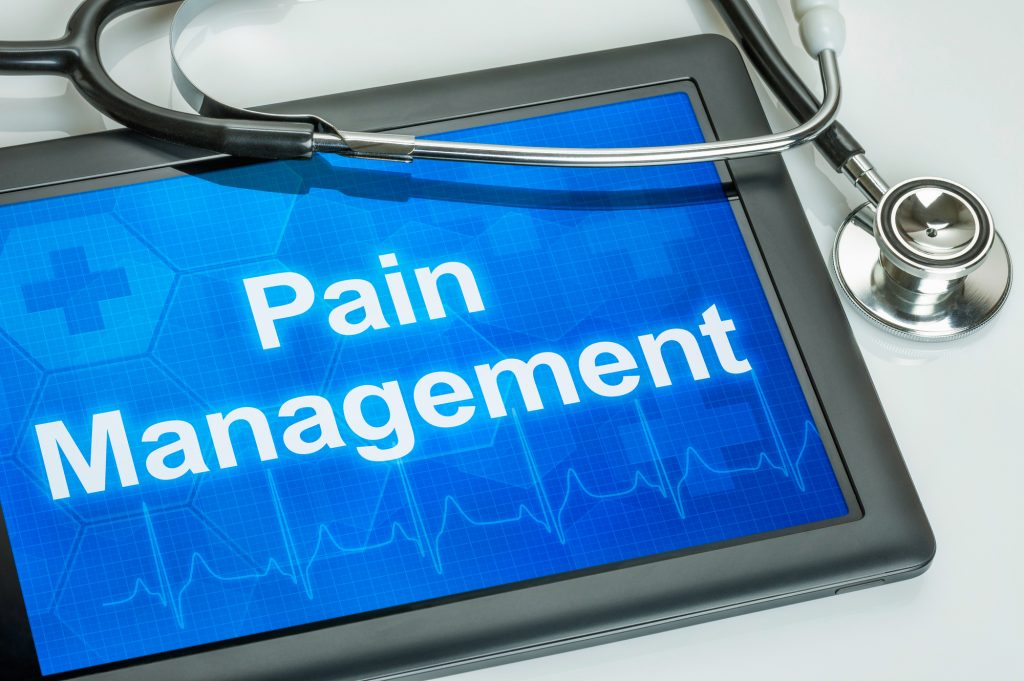 Written By Lucy Peters
Written By Lucy Peters
Around 30% of physicians experience chronic physical illness and pain, with 82% experiencing concomitant chronic mental concerns, according to a study of 248 physicians conducted by the University of Ottawa. As such, there needs to be some changes occurring in the field of medicine — especially when it comes to the concept of chronic pain management. So, to this end, what are a few different ways that healthcare professionals can manage chronic pain?
Chronic Pain-Specific Medication
A study conducted by the University of Colorado Denver School of Medicine found that healthcare practitioners limit or avoid controlled pain medications due to their practice guidelines and regulations. Despite this, the discomfort that comes with chronic pain can become so debilitating that they achieve relief through chronic pain-specific medication that’s over the counter or prescribed, such as Oxycodone, Ibuprofen and Morphine. But for doctors who are not comfortable relying on medication, thankfully, there are other options to pursue.
Alternative Care
Chronic pain affects a substantial number of nurses. A study by Gaziantep University found that 84.2% of nurses experience chronic lower back pain of moderate severity. Instead of using any medication, they have found that turning to alternative care like chiropractic adjustment and acupuncture provide relief. Those that undergo chiropractic adjustments reported in a JAMA Open Network’s published study that after six sessions, they have less pain intensity, higher satisfaction in their care, less disability, and more mobility.
Physical Therapy And Exercise
Medical professionals are constantly in motion, and chronic pain hinders this. The pain may also cause a lack of physical activity that opens the gates to other health issues. As such, physical activity is necessary. Aerobic exercises are an effective way to treat chronic pain, according to a study conducted by the Thurston Arthritis Research Center. They found that walking or stationary cycling are moderate impact activities that relieve pain.
Psychiatric Support
Chronic pain is an emotional and mental battle, according to Linda Girgis, MD. She shared her story of being a practicing doctor that got into an accident that left her with a displaced, comminuted proximal humerus fracture. This event effectively made her a chronic pain patient for the rest of her natural life. She soon realized that chronic pain takes a rather strong emotional and mental toll, as the pain made her normal activities no longer possible, and her patients did not care about her pain — only the inconvenience her condition had caused them.
This is precisely why the study conducted by the Department of Psychiatry of George Washington University found that psychological interventions for chronic pain are necessary. Psychiatric support for medical professionals that suffer from chronic pain can help them recalibrate their perspectives and process their pain in a safe and healthy environment.
Living with chronic pain can feel like a continuous battle—especially for the very professionals that are tasked with looking after the health of others. This is why there need to be further studies on managing pain and improving the way the topic of chronic pain in healthcare professionals is addressed. As soon as there is an established way to fully heal the healers from their chronic pain, the better the field of healthcare will be as a whole.
Please also review AIHCP’s Holistic and Integrative Health Care Program and see if it matches your academic and professional goals. The program in online and independent study and open to qualified professionals.
